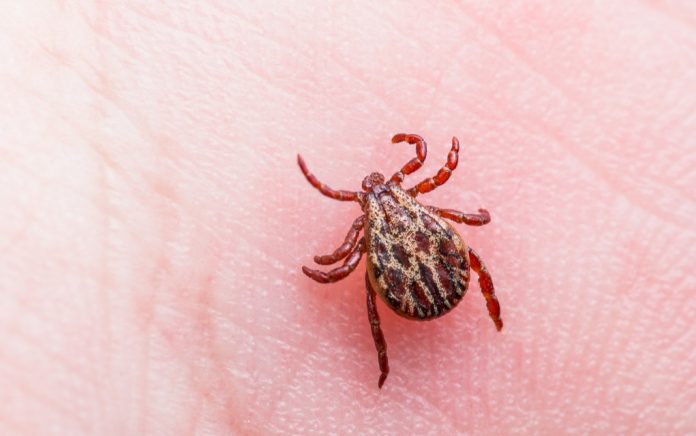
[ALERT] The Blood Type Linked to More Bug Bites
(AscendHealthy.com) – Ticks can be major vectors of disease, and they seem to bite people without prejudice. However, a study recently published in the Annals of Agricultural and Environmental Medicine suggests the parasitic bugs do have a preference between A, B and O blood types. Here’s the scoop on who might need to take extra precautions.
Pinpointing a Preference
Researchers collected 100 tick nymphs in Brno, Czech Republic, and placed them individually in Petri dishes with samples of donor blood. They recorded which sample blood types each of the ticks chose, finding the largest portion appeared to favor blood type A. The fewest opted for type-B blood.
The study has some flaws — the biggest being the researchers didn’t attempt to replicate their findings using living animals, which could affect the overall outcome. According to Entomology Today, ticks are complex in the way they find their hosts, using specialized organs in their legs to detect carbon dioxide, body heat, and other indicators of nearby animals. None of those factors are present in drops of blood.
There are problems with using animal models, however. Animals don’t always have the same blood types as humans; mice, for example, aren’t suitable to use for tests that need to distinguish human blood types. Lyme disease expert Dr. Daniel Cameron explains that human subjects are also out of the question because ticks are so notoriously riddled with disease. Until researchers can find better ways to emulate natural attraction behaviors, we may need to take any findings on blood type with a grain of salt.
Preventing Tick Bites
Regardless of blood type or any other factor that might increase a person’s risk of being bitten, tick prevention is critical. LiveScience recommends wearing permethrin-treated clothing while out hiking and showering immediately upon returning home. Placing clothes in the dryer for 5 minutes will kill any remaining hitchhikers.
Landscape yards to eliminate hiding places. Use bark chips, which dry out young ticks, to create barriers between thicker foliage and the bulk of the yard. Keep play areas out of the shade, which the arthropods use to maintain their moisture levels, and clear any debris that might also serve as hiding spots. The ASPCA recommends treating dogs and cats with preventative medicine and checking them regularly to make sure they’re not tracking parasites indoors.
Type-A blood may be more attractive to ticks than other blood types, but we need to see more studies on the subject to confirm this finding. Until we learn otherwise, it’s best to assume all people are at risk of becoming targets, which means we’re all also at risk of contracting a whole host of infectious diseases. Regardless of blood type, keep tick safety in mind whenever venturing into the great outdoors.
~Here’s to Your Healthy Ascension
Copyright 2023, AscendHealthy.com




















